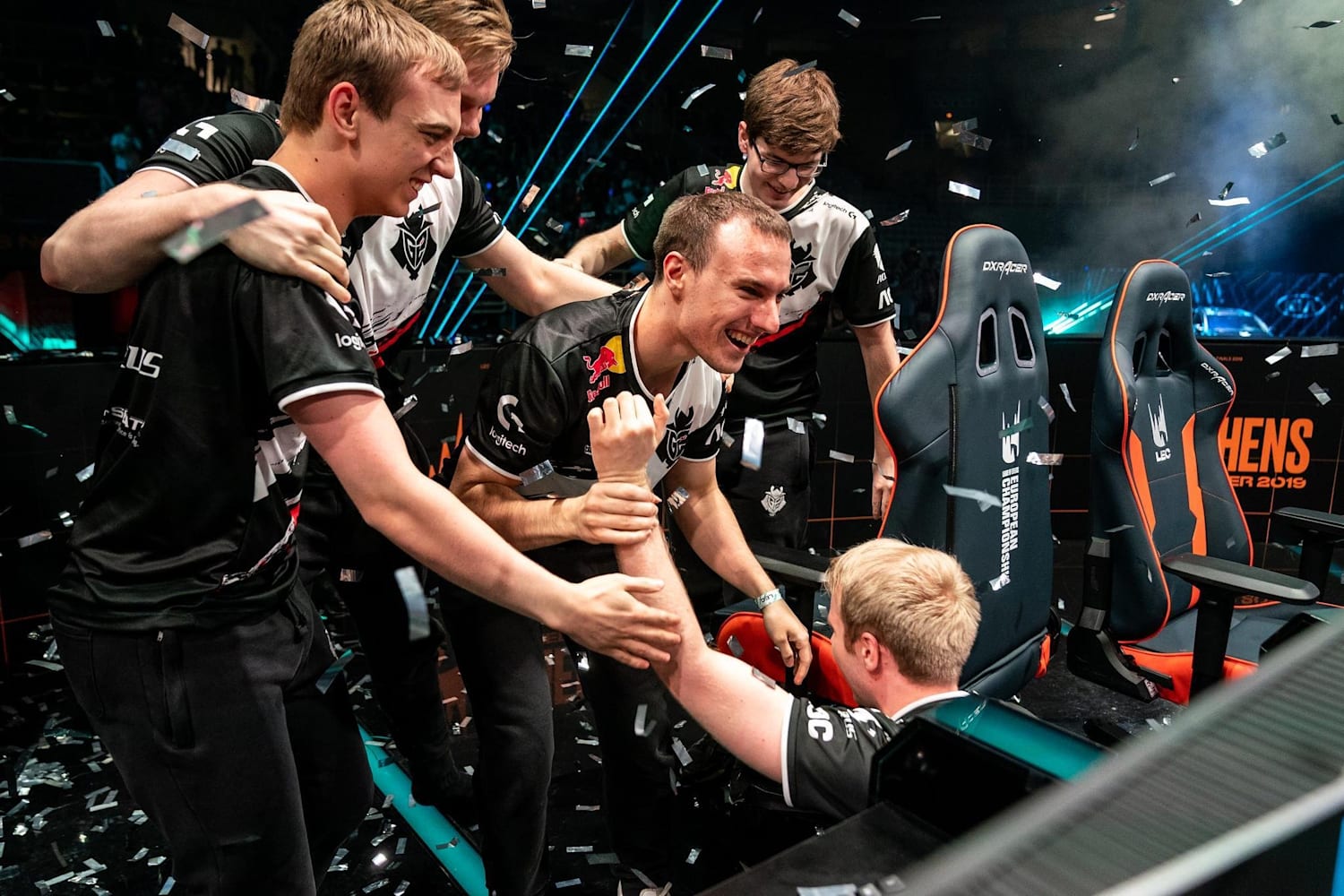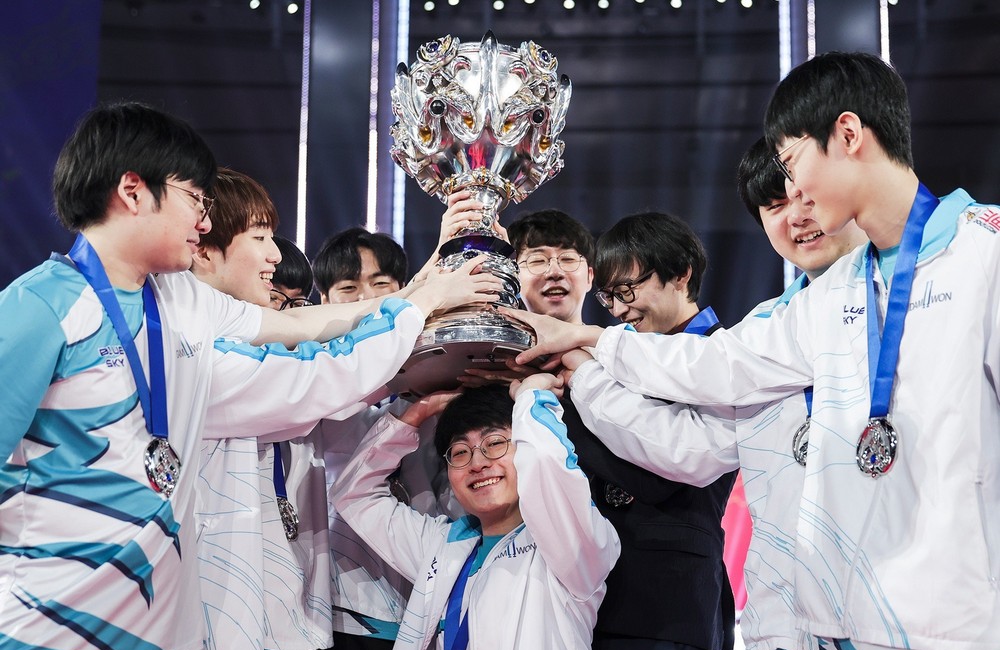The Importance of Education from a PhD Holder Esports Player
Which one is more important? Academic or non-academic pursuit?
Every time I was invited to talk about esports in a school or university, there was always one question asked. "Which one is more important? Academic or non-academic pursuit?"
Before I give my answer at the end of this article, I want to emphasize how important that question is -- considering only a few people could even reach that stage. Nowadays, most of the young people in the gaming community or even the general population underestimate the importance of education. Usually, their line is like this: "even Bill Gates, Mark Zuckerberg, or the others could be successful without an academic degree."
That's why I contacted Dr Yew Weng Kean. In case you didn't know, as far as I know, he's the only esports player with a PhD title at the time of this writing (November 2020). He is an electrical engineering PhD holder who won a gold medal in SEA Games 2019 for Hearthstone. He is living proof that gamers are not always ignorant of education. He is also the argument on how you could achieve success in academic and non-academic pursuit.
This is my interview with him:
Hybrid (H): Hearthstone requires deeper thinking than some other fast-paced games (which requires more in reflex, eye-to-hand coordination, etc.). How do you think cognitive capabilities could be translated into better performance in those games?
Dr Yew (Y): Cognitive abilities can be applied to any competitive esports. Eg. Strategic planning can be applied in the drafting phase of MOBA games. Even during the game itself, we got to be able to think critically to outplay the opponents. This can be done when considering the item build of the hero for MOBA games or simply countering opponent’s important territories in shooting games.
H: I think education could also be a backup plan for pro players, for those who can't play in the pro scene anymore (for any reason). What do you think about the importance of education for pro players?
Y: Regardless of the sport that you choose, may it be esports or traditional sports, I believe that education should always be a priority as it provides a solid fallback plan after the end of your esports career. Compared to before, esports is now getting some recognition from universities. Like traditional sports, there is a big opportunity in America and Europe for pro players to represent varsities in national leagues while also obtaining a fully funded sponsorship for their education. The average age of esports players is between 18-30, where they are at their prime especially for fast-paced games which require quick reflexes.
H: Practicing for the pro players requires a lot of time. What is your strategy or suggestions on time management? To manage the focus and time between education and practice?
Y: My suggestion would be, first of all, to pick only one game that you are good at. This is because you cannot expect to become pro in every game that you play. Hence, this allows you to focus well on that particular game, what are the technical skills required, what is the best strategy currently and which aspect of the game you are doing well and which aspects you can improve. You can also apply this in your education as well, where it is better to study one subject at a time and understanding which part you are doing well and which part you can improve upon. Time management is an important aspect as well to ensure that you are able to allocate some hours for study and for gaming every day but I would say the quality of those hours are even more crucial to ensure that you continue progressing in all the aspects that you are working on.
H: On what age should people practice to become a pro player? If we look at traditional sports, most people start practising from an early age. However, in esports, the game itself might not survive that long.
Y: Firstly, the early age should be used to develop the motor skills first, figuring out what is the player’s strengths and weakness. Some kids are able to identify their talents in their early age. For example, the youngest chess world champion at the age of 22, Magnus Carlsen was able to pick up chess at the age of 5 and compete in a tournament at the age of 8. But there are some as well who started late and was able to be successful as well. Hakeem Olajuwon, Pascal Siakam, Anthony Davis are some of the names of NBA players who picked up the sport later on in their teens but still managed to become a professional NBA player and went on to win an NBA championship. So if you know where your strength lies, you would be able to find a sport or esport that you are passionate enough to succeed in it.
Back to the first question I mentioned earlier, which one is more important? Academic or non-academic pursuit? Other questions related to this topic have been answered delicately by Dr Yew.
My answer, both of them are equally important. Students who only seek academic pursuit usually have fewer friends and less diverse experiences. Friends and diverse experiences could help to boost your chances to success -- since I believe there is no sure thing in life
More friends will introduce you to more opportunities. Also, no matter how smart you are, you need other people to help you. Diverse experiences, on the other hand, could bring out your uniqueness compared to the others. I am a strong believer that richness in perspectives could make you a better and happier person.
However, education that could train our analytical thinking or cognitive abilities will work wonders combined with our social skills and richness in perspectives.
Feat Image via: Deposit Photos
Performa Gahar ASUS Zenfone 10 dengan Snapdragon 8 Gen 2
16 December 2023
Kamera 50MP OIS di ASUS Zenfone 10 yang Dapat Diandalkan
15 December 2023
Layar Mini 5,9 Inci ASUS Zenfone 10 Apa Tidak Kekecilan?
14 December 2023
Emang Boleh HP Flagship Layarnya Kecil? Review ASUS Zenfone 10
12 December 2023
Rahasia Advanced Multitasking di Samsung Galaxy Z Fold5
5 September 2023


